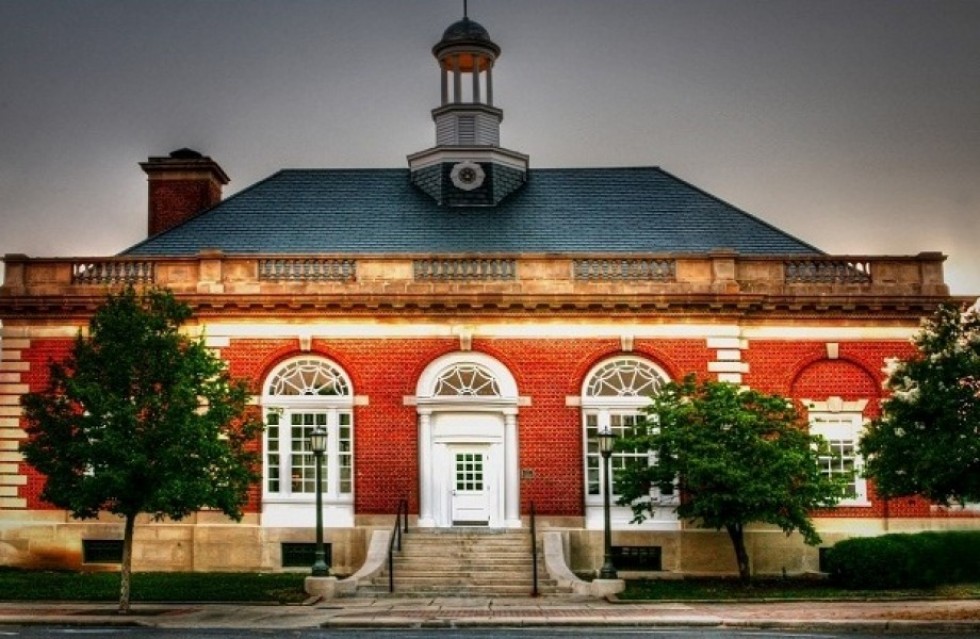Whitfield County Commission Chairman Mike Babb

What are the top priorities of the Commission?
The top priorities of the county commission continue to be Economic Development/Jobs and dealing with a difficult budget. Unfortunately the top priorities of the commissioners are counterweights to each other.
Economic development and job production involves being “business friendly”. Supporting the elimination of the sales tax on energy used in manufacturing, not enacting the 2% local excise tax on energy, supporting infrastructure development, investing in the development of a new business park, approving 100% Freeport, and the use of tax abatements to support business expansions are all positive pro-business, pro-growth initiatives. The end result of these initiatives will be a vibrant economy and jobs.
The pro-business, pro-growth initiatives put in place for business growth are all negatives to the county treasury due to less tax income and increased bond indebtedness. Add to this the reduced sales tax revenue to the treasury resulting from the recent Local Option Sales Tax Negotiations (an estimated reduction of $3.4 million) and the result is a significant revenue reduction to the county treasury. How do you replace these funds? Just to recoup the $3.4 million reduction from the LOST negotiations would require an increase of $500 million in local sales. This sales increase will not occur overnight.
A majority of the counties along the I-75 corridor in Georgia (16 of 19 counties, 84%) support a penny SPLOST to reduce the pressure on having to seek other ways to fund county projects. The three counties of Whitfield, Fulton, and DeKalb do not have a SPLOST (although Fulton and DeKalb do collect a MARTA tax). The counties of Cobb, Bartow, Gordon, and Catoosa along the corridor north of Atlanta are all using SPLOST collections to give relief to their county budgets. These sister counties of Whitfield in NW Georgia are using SPLOST for roads and bridges, public safety vehicles, recreation improvements, economic development, and retirement of debt. They are able to address these issues without adding to the property tax rate. Whitfield County will have to evaluate the advantage of the lower sales tax rate against what the other NW Georgia counties have accomplished with a higher rate but using the SPLOST to address improvements in their communities.
The board of commissioners will continue to support economic development and the creation of jobs by private industry. The county will strive to provide services while maintaining one of the lowest Maintenance and Operations millage rates and cost per capita for a county of our size. This goal will be difficult to achieve if other counties continue to have the advantage of SPLOST to give relief to their general budget and property owners while Whitfield County attempts to address county expenditures using only property tax and LOST revenues. Regardless of how much the county expenditures are cut, a SPLOST would still give relief to pressure on the budget and the property owner.
What will the County look like 5-10 years from now because of the efforts of the Commission?
Five to ten years from now the commissioners expect the southern area of the county around Conn. 3 and Carbondale Interchange to be a major job and tax revenue generator with new businesses and business expansions. We expect commercial growth along the north bypass to draw shoppers from Murray County and north Whitfield County. The county budget will continue to be conservative and the county M&O millage rate will be competitive with any county of our size and economic level. Quality of life will be improved due to more jobs, more opportunity, better recreation, and better transportation routes. You will see more parks and trails in the non-municipal areas.
Dalton and Whitfield County will be a great place to live.
